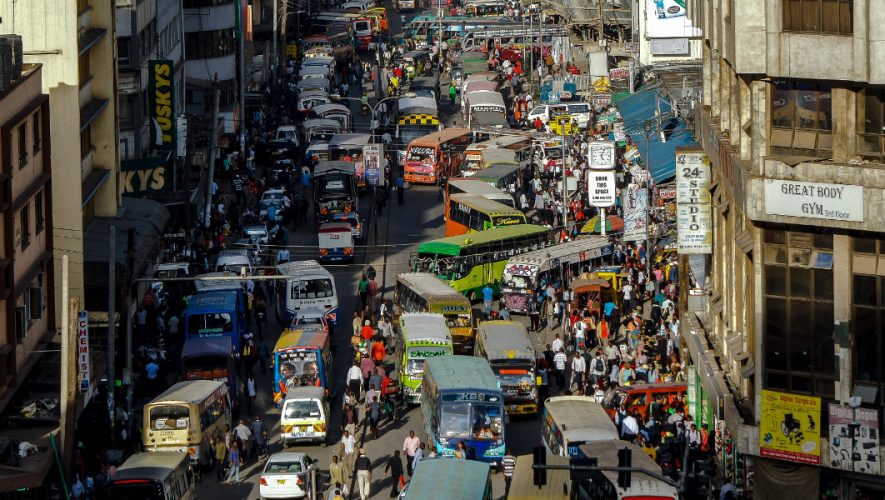Whilst religion may have been of relevance in the quest for material prosperity and economic advancement in the 16th century, it seems not to have such importance today. The declining rate of organised religion and the growth of secularism around the world progressively lead many to believe that if there is any truth particularly relevant for this century, it is no longer found in religion. In this paper, we argue that global leadership deficiencies and corruption (glaring as they may be) are not the root causes for the economic development challenges currently faced in Southern Africa and the rest of the world. They are simply the result of the root cause, which we maintain is a decline in moral and spiritual values in society, and unless national governments make some meaningful progress in these realms, this generation is headed for serious economic trouble. In the journal article, Drs. Greg Kame and Rothney S. Tshaka address the role of morality and spirituality in economic development. They give the following conclusion:
We hold that the fight against moral and spiritual decline in our generation today cannot be effectively won through public policies or parliamentary rulings; it is a spiritual problem that has manifested in the physical realms and so requires spiritual measures to tackle it. Prayer cannot be overemphasised; through the centre for Christian ecumenism and interfaith pluralism, nationals need to pray for national and international revivals. Prayers should be offered for God to change the hearts of many wicked men in our communities, one at a time. Prayers should be made for God to transform (and in cases resist, dethrone) ruthless and godless leaders in politics, in our court rooms, business enterprises and the entertainment industry, amongst others. Religious organisations that come up with projects directly aimed at promoting moral and spiritual sanity in society should be identified and supported by the centre. These centres should also be well supported by the government, especially financially, so that their projects in support of interest groups working to this end can be successful.
Kame, G. & Tshaka, R.S., 2015, ‘Morality and spirituality: The missing link for economic development in the 21st century’, HTS Teologiese Studies/Theological Studies 71(3), Art. #2818, 6 pages. http://dx.doi.org/10.4102/hts.v71i3.2818
 Dr. Greg Kame serves as Professor of Social Theology, Political Ethics Specialist in the Department of Moral & Social Theology in the School of Theological Studies at Missional University. His academic credentials include a B.Th. in Theology, Cameroon Baptist Theological Seminary (CM); M.A. in Biblical Studies, West Africa Seminary (NG); and a D.Th. in Systematic Theology, University of South Africa Pretoria (ZA). He also has conducted doctoral research at London School of Theology (UK) and King’s College London (UK).
Dr. Greg Kame serves as Professor of Social Theology, Political Ethics Specialist in the Department of Moral & Social Theology in the School of Theological Studies at Missional University. His academic credentials include a B.Th. in Theology, Cameroon Baptist Theological Seminary (CM); M.A. in Biblical Studies, West Africa Seminary (NG); and a D.Th. in Systematic Theology, University of South Africa Pretoria (ZA). He also has conducted doctoral research at London School of Theology (UK) and King’s College London (UK).
Link to the Article. Faculty Profile


